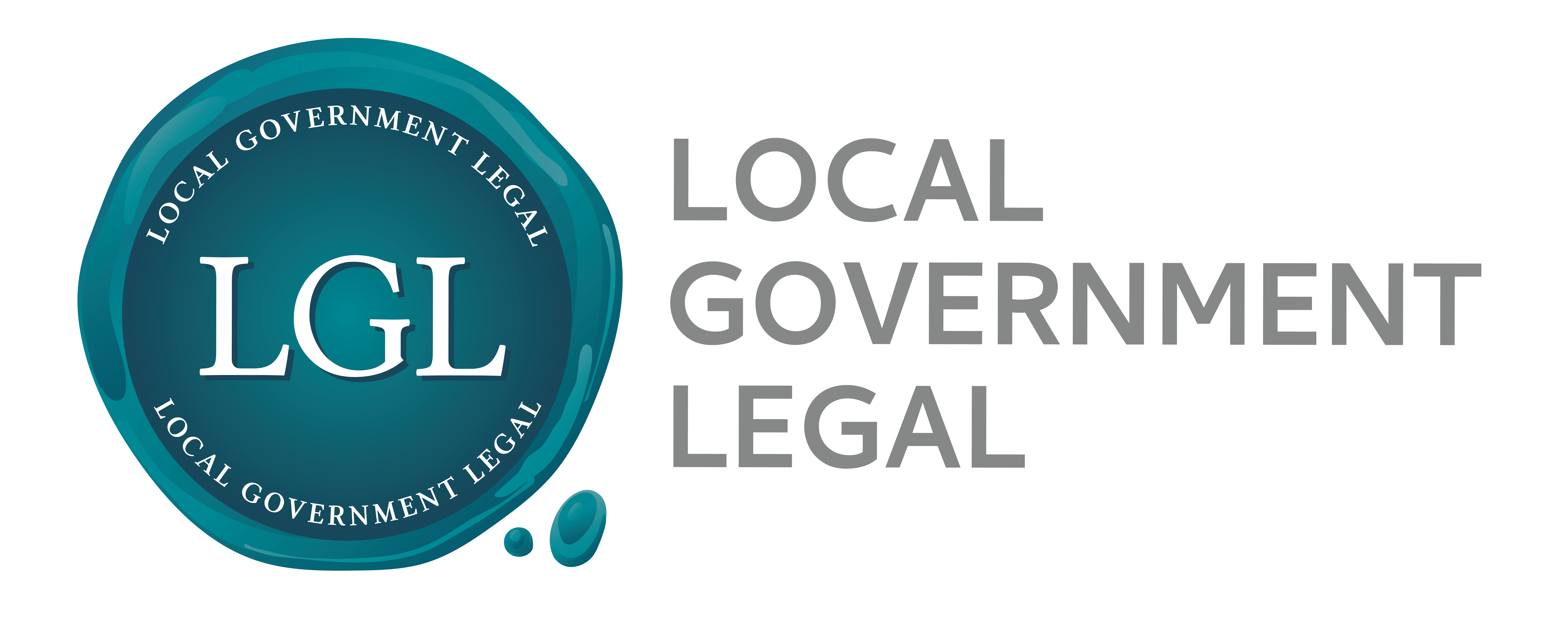ICAC has issued a report dated October 2012 after investigation into allegations of corrupt conduct by staff from a number of local councils and other public authorities. As a result of their investigations, ICAC has made the following 15 corruption recommendations to all councils in NSW.
- That councils communicate to suppliers a clear set of supplier behaviour expectations and the associated consequences for non-compliance.
- That councils develop a proactive and comprehensive supplier engagement framework.
- That councils review their codes and policies on gifts and benefits to ensure they effectively communicate expected behaviour in a way that the intended audience can easily grasp.
- That councils ensure that their policy provides that all staff who hold financial delegations are prohibited from receiving gifts of any kind.
- That councils ensure that staff training on gifts has a focus on the disciplinary consequences of accepting gifts.
- That councils assess which of their staff members operate in an environment where relational selling is commonplace, and equip these staff members to recognise and respond to these sales tactics, including the offer of gifts.
- That councils, if they have not already done so, analyse their procurement processes to identify points of corruption risk and take steps to improve the design of their procurement processes.
- That councils, if they have not already done so, consider introducing e-procurement as an efficient method of controlling possible vulnerabilities in their system.
- That councils, if they have not already done so, review which reports are available to the managers of stores and ensure they (councils) can generate a report showing the orders placed by any individual across all cost centres.
- That councils, if they have not already done so, analyse inventory management systems with a view to improving controls and reducing waste.
- That councils examine options for control of their pull-based inventory and implement an option that is suitable for their operations.
- That councils, if they have not already done so, organise their stores so that all items are labelled clearly, stock is securely stored and movement of all goods in or out of the store is recorded on an integrated inventory management system.
- That councils ensure stocktakes are conducted independently of store officers and by staff knowledgeable about the principles of stocktaking.
- That council management assesses the residual risk in its store and, if appropriate for the organisation, conducts random spot checks or cycle counts of select aspects of inventory management.
- That councils, if they have not already done so, consider the risks highlighted by this report, namely, relational selling and gift giving procurement processes inventory management, and, where they consider the council is at risk, add these topics to their internal audit programs.
Note: This information is not to be relied upon as legal advice.
